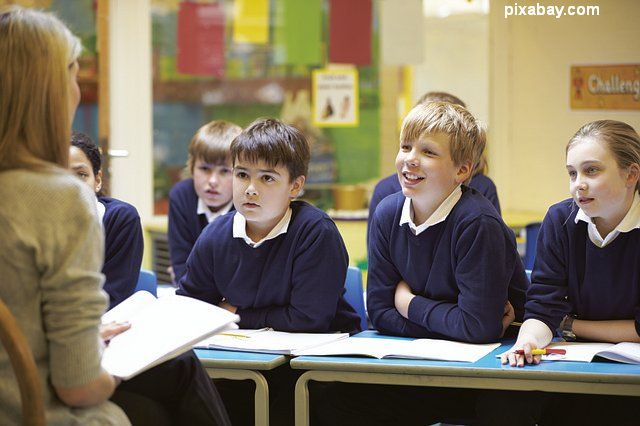The challenges of the new school year
A new school year begins under a cloud of uncertainty.

Bogdan Matei, 05.09.2022, 14:00
Almost
3 million pupils and pre-school children went back to school in
Romania on Monday. With experts fearing the reopening of schools may
trigger a new Covid wave, the health ministry has reiterated
recommendations regarding wearing face masks in enclosed and busy
spaces. Teachers are to identify the sick children and send them to
the school’s medical room. Parents and teachers must also report
each case of contamination with the novel coronavirus to the school
management. Doctors recommend washing hands as often as possible and
daily disinfection of the surfaces and objects children come into
contact with most frequently.
The education ministry has also
introduced some new elements which have not been welcomed by
teachers, pupils and parents. Instead of two semesters, there will
now be five teaching modules separated by five holidays. End-of-term
tests and term averages for each subject are eliminated, being
replaced by an average mark for the entire year in each different
subject. According to a new change effective as of this school year,
pupils will no longer be expelled, given that it is obligatory in
Romania to complete 12 years of school education. Expulsion is only
possible in post-high school education, which is optional. Also
beginning this year, the average mark for years 5 to 8 will no longer
count for high school admission.
These are just some of the changes
in a package of reforms promoted by Sorin
Cîmpeanu, the Liberal education minister in the government
formed by the Social Democratic Party, the National Liberal Party and
the Democratic Union of Ethnic Hungarians in Romania. Cîmpeanu,
who has lasted relatively long in a post held by dozens of ministers
in the three decades of post-communism is vocally criticised by
education professionals, from Romanian Academy members to village
teachers and from university rectors to pupils’ associations.
Petitions calling for his dismissal quickly raise dozens of thousands
of signatures.
The anger and frustrations in the education system are also
reflected in the latest survey conducted by World Vision. Two out of
three teachers are warning that the curriculum is still overloaded,
and school drop-out is still a problem that needs to be addressed.
Because of poverty, 35% of teenagers lack sufficient basic materials
and school books. One in ten parents pulls their children from
school, temporarily or permanently, because they can’t cope with
expenses. Half of teachers say they are discouraged by the parents’
lack of involvement in the education of their children, 65% say more
money is needed for school labs and the spaces hosting sports
activities. All of which paints a very depressing picture of the
so-called Educated Romania, the programme initiated many years
ago by president Klaus Iohannis, himself a physics teacher before
going into politics. (CM)






























